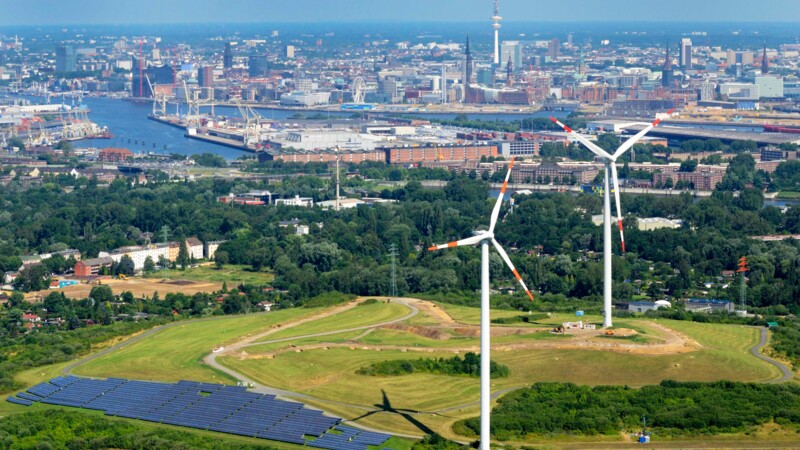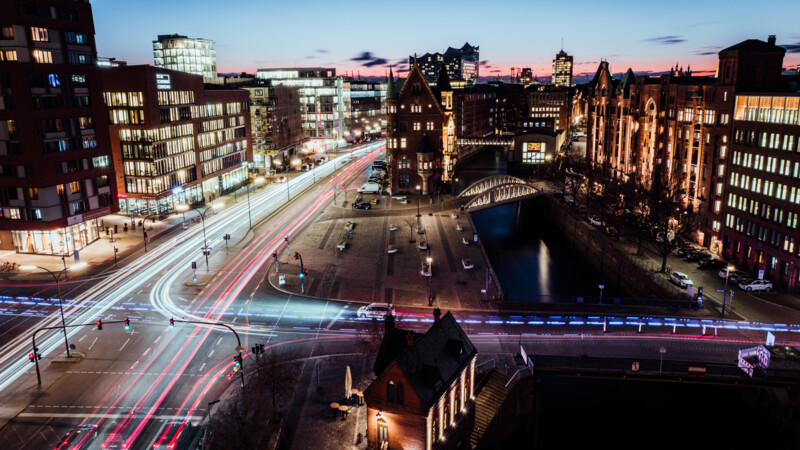"The digitalisation of the renewable energy sector is absolutely necessary to master the biggest challenges of the energy transition - increasing decentralization of power generation from renewable energy sources and the volatility of electricity production," said Jan Rispens, Managing Director of the EEHH Cluster. Digitalization is hugely important to companies, he said, adding:. "It has become clear, however, that politicians must lower the administrative and legal hurdles and that more 'digital thinking' should be introduced."
A survey of 200 members of the Renewable Energy Hamburg Cluster (EEHH) on the theme of "Digitalisation in the Renewable Energy Sector" revealed the importance of smart grids, smart metering, virtual power plants and real-time data evaluation for corporate digitalisation, a press release said Monday (May 11, 2020). The members, which include energy suppliers, research institutes and manufacturers headquartered in Hamburg, commented on key transformation processes within the industry, proven fields of application, existing challenges and they also ventured a look towards the digital future.
Digitalisation key to successful energy transition
Smart renewable energies
Both work processes and communicating with customers and consulting services are going digital. Forecasts on consumption, generation, grid bottlenecks and load peaks hold the most potential, according to the interviewees. Progressive digitalisation is best implemented in system monitoring and load management and in future, digital technology could better co-ordinate the production and consumption of renewable energies, Digitalisation will create regional energy markets and improve the integration of so-called prosumers or private consumers who, thanks to digital measurement technology, can track what they consume, produce or store themselves in real time.
Challenges
Most members of the cluster rated the current level of digitalisation in Germany's renewable energy sector as good or satisfactory. However, political responsibilities are often unclear, competences in ministries are fragmented and the legal framework is unclear. Complex data protection and the lack of skilled workers is another complicating factor, the survey found. For this reason, members of the cluster urged the German government to lobby for more digitalisation. However, the situation within companies also has to change. Mmbers criticised outdated thinking and the slow expansion pace of digital infrastructure.
Alternative drive concepts and energy storage systems
Batteries and hydrogen will play a particularly important role as alternative drive concepts and energy storage systems over the next five years, according to the interviewees. Generally speaking, electricity, gas and heat infrastructures will grow closer as part of integrated network planning. Digitalisation will help control the quantity and form of energy flows, which benefit both climate protection and economic efficiency.
js/kk/pb
Sources and further information
More
Similar articles

Corona prompts postponement of WindEnergy 2020

Coronavirus crisis to boost the private car?

